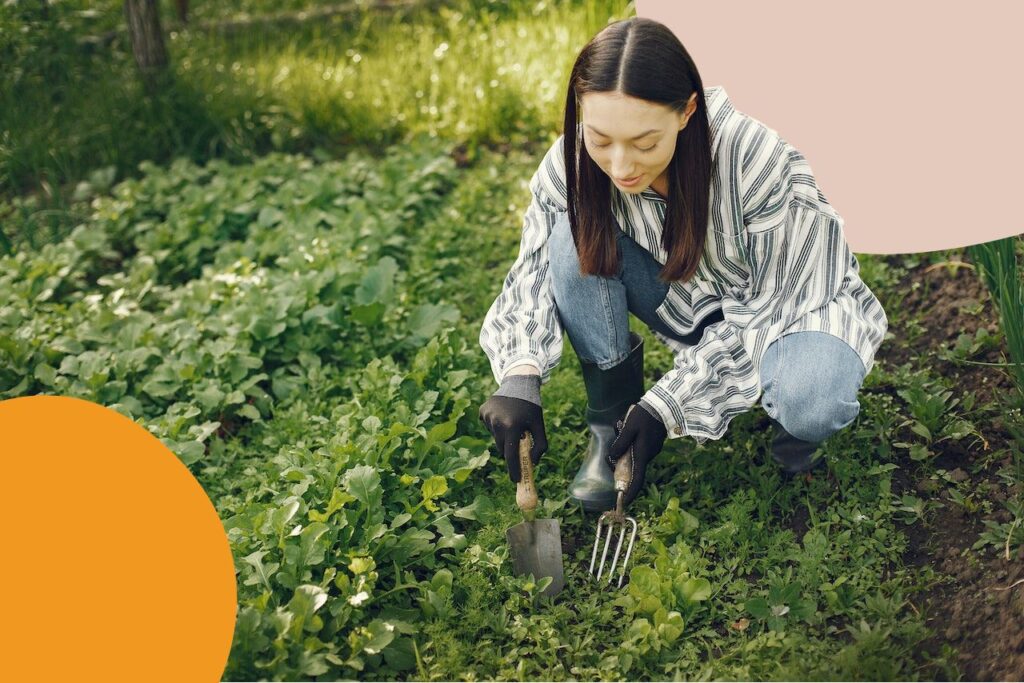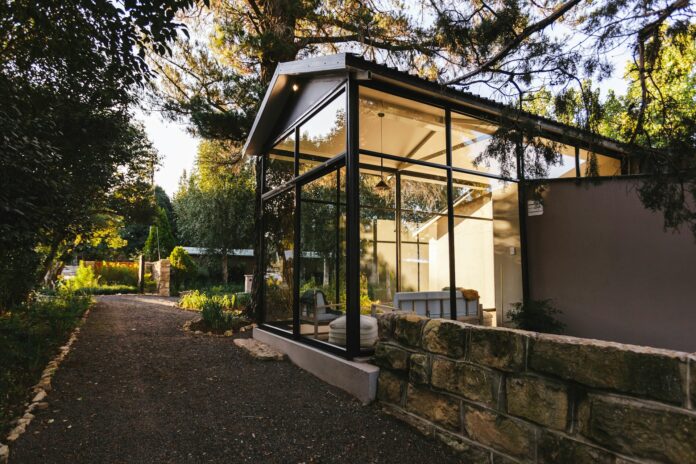The world is changing, the planet’s heating up, and unless we all endeavour to make big changes to the way we live our lives (here’s looking at you, Bezos, Branson and Musk), then the climate catastrophe will only worsen. And what’s worse than a catastrophe? It doesn’t bear thinking about…
But think about it we shall. Fortunately, there are some steps that individuals can take – even humble, non-billionaire ones – to help reduce their impact on the environment, and this action often starts at home. A home, it should be added, in dire need of energy-efficiency in the face of rising water, gas and electricity bills, and a cost of living crisis that shows no signs of abating.
With all that in mind, here are 8 domestic swaps to help make your home greener today.
G Rated White Goods For A
Investing in energy-efficient appliances may be a common advice you often read. But despite the question of the originality of this advice, it is still one of the most effective ways to cut your utility costs.
First things first; it’s important to get acquainted with energy efficiency ratings, which come attached to all new white goods., including freezers, fridges, washing machines and dishwashers. These scores range from G to A and just like that school report you used to dread, the closer that rating is to the start of the alphabet, the better.
Interestingly, investing in new white goods with A energy efficiency ratings isn’t only a good idea for your carbon footprint; it may well save you money in the long run, too. As This Is Money reported back in 2019, switching from a C-rated fridge freezer to A+++ rated one can save £113 a year…an investment in the future in more ways than one, don’t you think?
Read: Why is my energy bill so high? 5 electricity sucking home appliances
Your Current Energy Supplier For A Green Alternative
Monitoring your electricity and gas consumption can help you identify areas of improvement in energy efficiency. By using an online energy tracking tool or a monitoring device on your appliances, you can track how much energy you are using and make smart adjustments accordingly.
Regarding utility costs, every company has its own rates and deals, and it is always wise to compare electricity and gas tariffs to find the one that fits your needs and budget.
Prioritise UK energy companies who use clean, green energy wherever possible. Some of these include Bulb, Ecotricity, Octopus, Good Energy and so-called ‘green tariffs’ from energy companies who aren’t yet wholly committed to treading more lightly on the planet.
Incandescent Bulbs For LED
Another simple domestic swap that can make a big impact on the energy efficiency of your home is to swap out old incandescent bulbs for LED ones, the latter of which has several advantages over the former.
According to the US Department of Energy’s consumer resource Energy Saver, ‘’Residential LEDs…use at least 75% less energy, and last up to 25 times longer, than incandescent lighting.’’ When considering that the majority of domestic lighting is predicted to be LED by 2035, investing in these bulbs is also a wise investment in the future.

Non Programmable Thermostat For A Smart Version
Whilst we realise it’s somewhat perverse to say this when it’s so cold outside, the Energy Saving Trust recommend that you should set the temperature in your home to somewhere between 18°C and 21°C, which feels a little low in the current climate, don’t you think?
Instead of faffing around, constantly twisting radiator dials and tweaking ambient temperatures, wasting both your energy and your home’s in the process, consider investing in a smart thermostat, which does much of the hard work for you.
Using sensors in every room, it’s possible for smart thermostats to automatically heat and cool different parts of your home to maintain the optimum temperature within. Some of these smart HVAC systems can also detect whether someone is in a room and can be triggered to turn off if no one is there. Others can be used to save you money by trying to keep your energy usage within a certain quota, which is ideal for those looking to reduce their carbon footprint.
Automated thermostats have been estimated to save hundreds in energy costs alone, so they are an investment well worth it, even before you consider the environmentally positive implications. If you’re interested to learn more, check out our guide on why you should switch to a smart thermostat.

Standard For Low Flow Shower Heads & Toilets
How strong is your flow when you’re in the bathroom? Whilst this might usually be an enquiry your GP makes, today, it’s one you should be considering in terms of the health of the planet.
Because by installing a low-flow showerhead and toilet, you can reduce your home’s water usage. The average shower in the UK uses an estimated 60 litres of water and lasts for 8 minutes. Buy by using eco-friendly shower heads that have been fitted with an integrated flow regulator, with newer models able to reduce the amount of water used by half whilst still providing a wonderfully refreshing shower experience.
Sure, your shower head will feel a little less amazing, but you’ll be doing your bit for the environment and your energy bills. What’s not to love?
And did you know that flushing your toilet accounts for 14% of your domestic water usage. So, look beyond the shower and go further, investing in a low flush toilet, which uses significantly less water than a normal one. And while we’re considering your waterworks, it’s a good idea to fix any leaking taps in the house for good measure!
Single For Double Or Triple Glazing
Energy wastage; don’t you just hate to see it? So, you’ll likely bristle at this stat; 25% of the energy you buy to heat your home is being lost through single glazing, or older inefficient double-glazed windows. As the team at Swallow Glazing implore; now is the time to look at upgrading your windows to modern ‘A’ Rated windows.
As stated in a government report on double glazing published in 2016, you could even save £150 by replacing your single glazing for double, due to the warmth kept in and energy saved domestically.
Though double glazing now comes as standard, due to building regulations introduced in April 2002, expect triple glazing to soon become the norm, since it improves the energy performance of regular double glazing by around 50%, according to Home Building. For any home aiming for net zero, such windows will become essential.

Regular Radiators For Smart Radiator Valves
Want to take your home’s heating efficiency to the next level? While smart thermostats are excellent for controlling your overall home temperature, smart radiator valves offer even more granular control over your heating system, room by room.
These clever devices replace your existing radiator valves and allow you to control the temperature of individual radiators through your smartphone or integrate them with your existing smart home system. Installing smart radiator valves could save you up to 30% on your heating bills – and that’s not including the environmental benefits of more efficient heating.
The beauty of smart radiator valves lies in their ability to create heating zones within your home. For instance, you might want your bedroom cooler during the day but warmer just before bedtime, while keeping your home office at a consistent temperature during working hours. These valves can even detect open windows and automatically turn off the radiator to prevent energy waste, or learn your daily routine to optimize heating patterns automatically.
Plus, many smart radiator valve systems can provide detailed energy usage data, helping you identify which rooms are using the most heat and adjust accordingly. It’s like having a personal energy efficiency expert monitoring every radiator in your home. Copy
A Well Kept Garden To One Full Of Foliage
Sure, it’s satisfying to look out on a well kept, carefully coiffured garden, but in terms of your domestic green credentials, it’s often more environmentally friendly to let your garden go a little. This is because, by doing so, you create a hospitable environment for all kinds of creatures and critters, providing them with shelter and a space for feeding and nesting.
We realise you’re busy, but before you leave us, do check out these 11 ways to make your garden more wildlife friendly. You won’t regret it!





